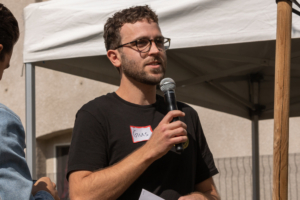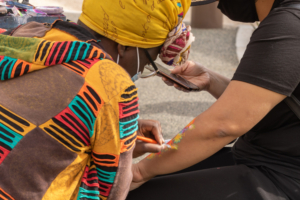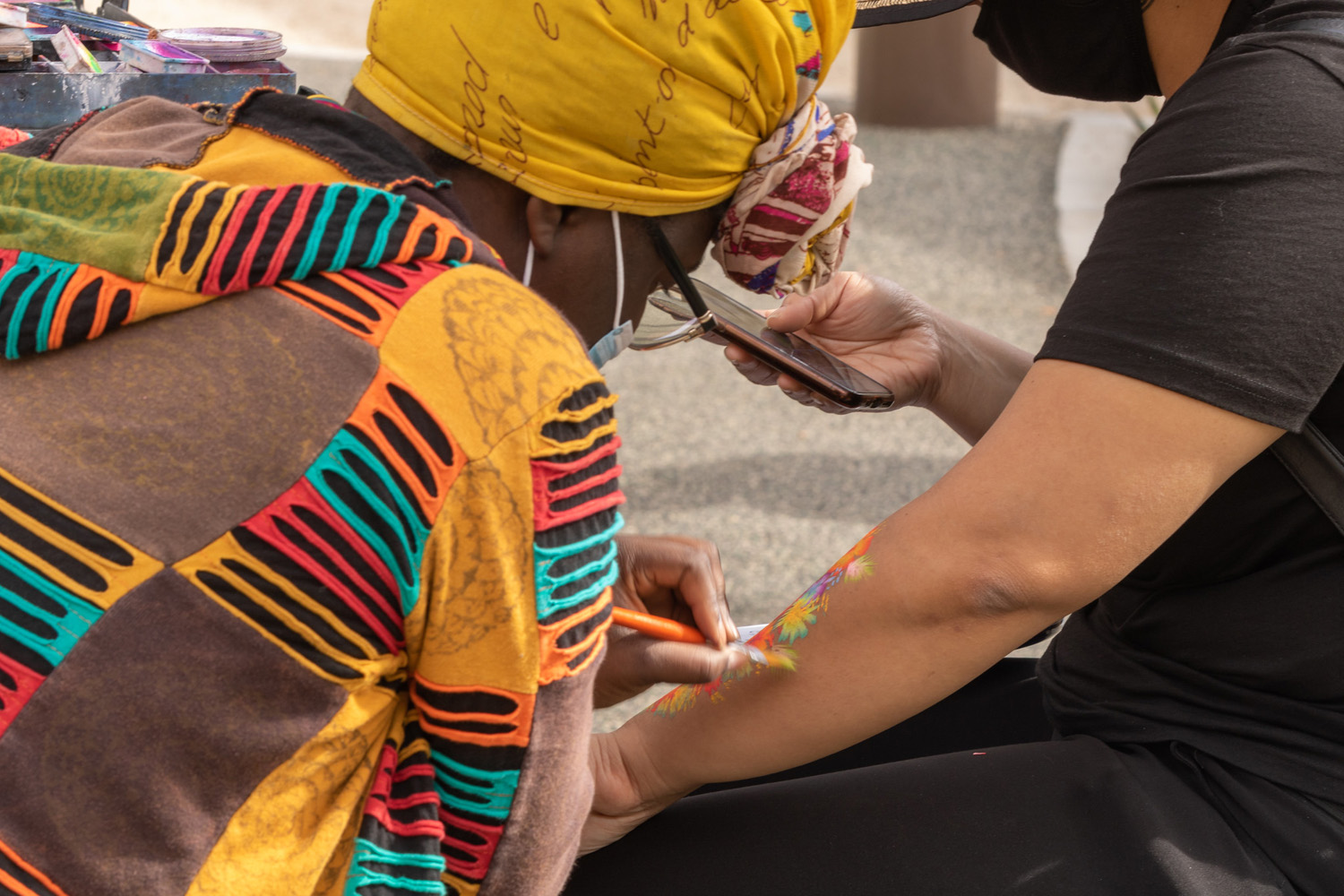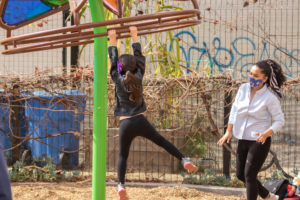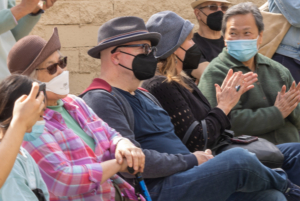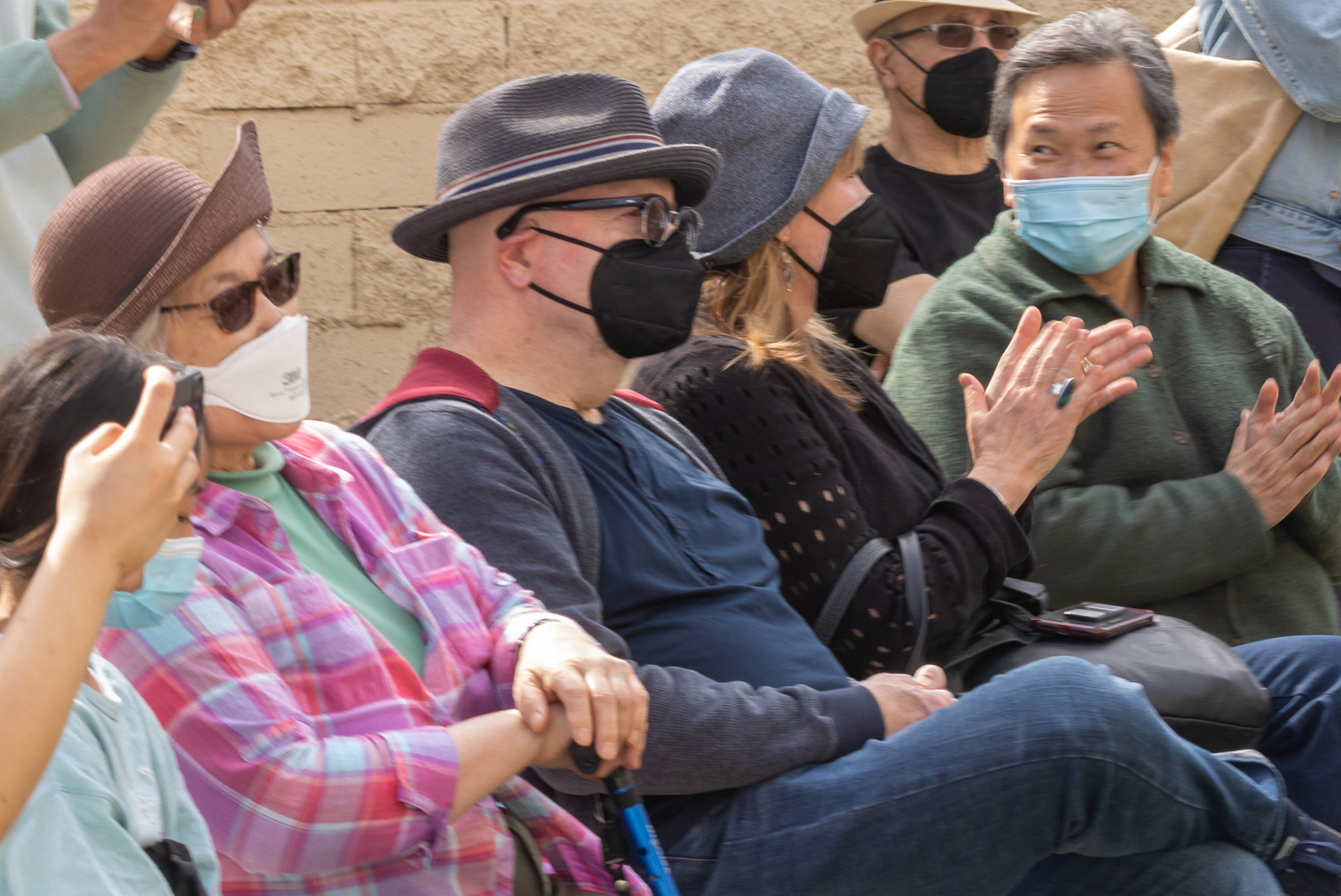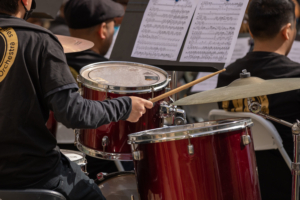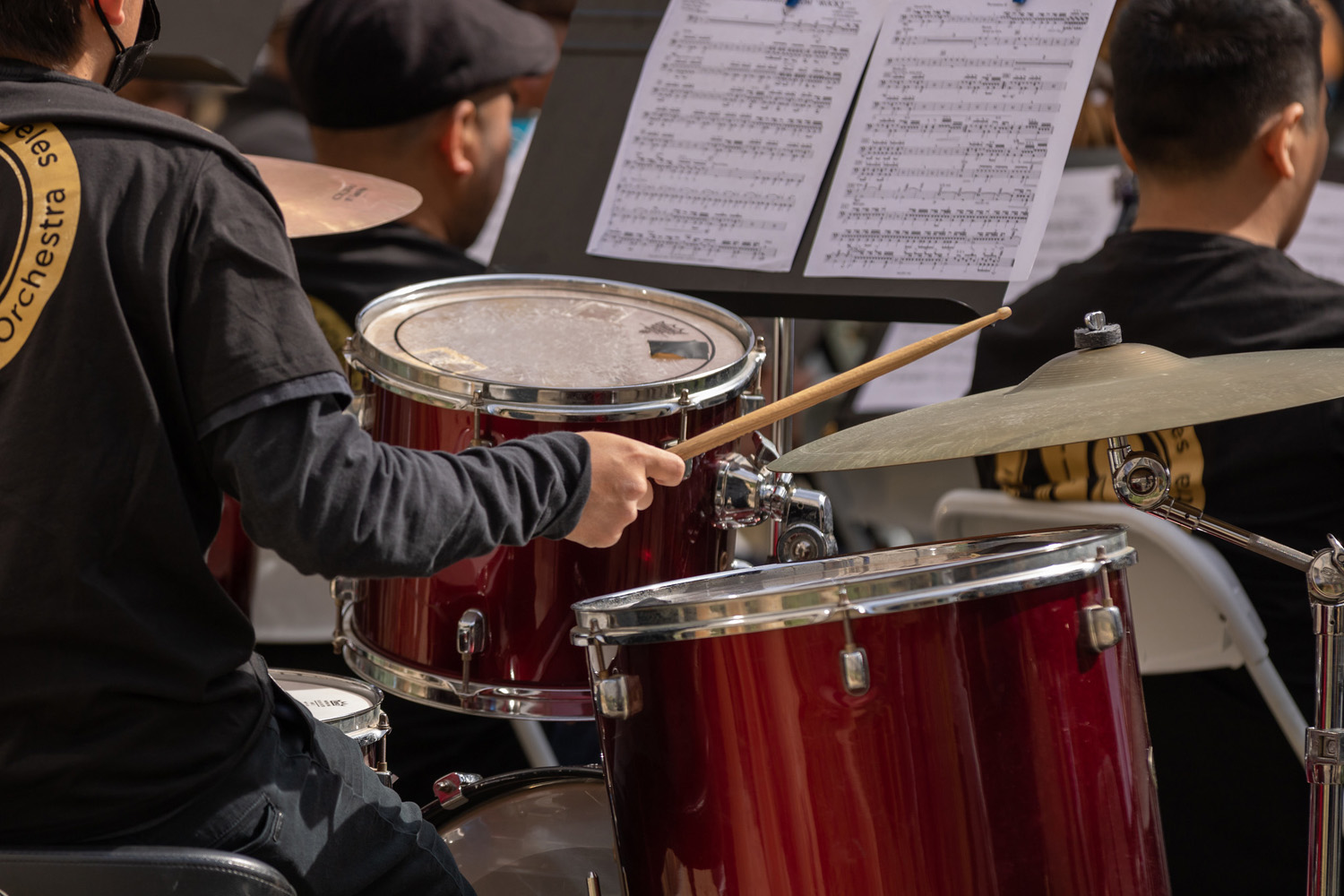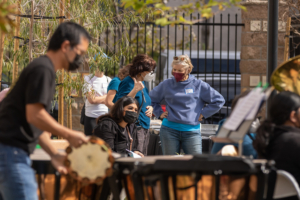Upon receiving the naming gift from Meyer and Renee Luskin, the School embarked on a self-examination to codify a path forward. One goal identified a decade ago by the planning task force reads: “position UCLA Luskin as a national leader in analyzing and teaching about the root causes and consequences of inequality in America.” How? Create a research center — and that became the Luskin Institute on Inequality and Democracy, now in its sixth year. That name didn’t spring forth easily, however. Learn that history and more about the Institute, known for providing a voice for activists and advocates, from our former dean, the Institute’s founding director and a doctoral student who has been with the Institute almost since the beginning.
Frank Gilliam, whose tenure as dean at the Luskin School ended in 2015 when he became chancellor of the University of North Carolina at Greensboro
The Luskins are very interested in inequality and in a just society. It was the thing that they hammered home over and over.
We started talking about creating a research action center to address that. And we fumbled in the weeds a bit for a couple of years, trying to figure out a name, trying to figure out what the institute would look like and the issues that it would work on.
It was called Institute X for a couple of years because we couldn’t figure out the name. And then, finally, we landed on two big concepts that, as it turns out now, often seem to be under attack. On the one hand, democracy, and on the other hand, equality.
Ananya Roy, founding director of the Institute and professor of urban planning, social welfare and geography
You didn’t want to call it the Institute for Social Justice?
Gilliam: We worried that social justice had such heavy quantitative meaning that people wouldn’t be able to give [the Institute] a chance to do the work, even settle on what it ought to be. So, we stayed away from that.
Roy: I think the name is a really interesting provocation. It prompted me to look at the ways in which democracies, inequality persist. How? Why? And what do we do
about that?
I had spent much of my academic career at UC Berkeley. And I was willing to make the move and serve as founding director of this institute because I found this to be such a wonderful and unusual opportunity.
I looked closely at other centers that are focused on inequality at other universities — Harvard, Stanford. And most of them focused on inequality but did not think about democracy simultaneously. None of them thought about space and cities. Almost none had serious relationships with communities and movements, and almost all of them were focused exclusively on the U.S.
Most of them were led by economists, so I said, “OK, we’re going to do something different here” and take very seriously this question of power, political power, or collective action of what a radical meaningful democracy would mean. What it means to actually think about issues such as housing in relation to rights.
We’re going to do this by paying close attention to the spaces in which people actually live their lives and struggle with these forms of inequality. And we are going to recognize the connections across different parts of the world.
What makes us different, even from other centers in the Luskin School and at UCLA, is that we realize that we can’t do this work without building deep relationships of trust with the communities that are actually most impacted by inequality.
In Los Angeles, this is everything from unhoused communities to working-class communities of color
facing eviction to the communities that are subject to racialized policing.
In my early years as a director, I spent a lot of time getting to know movements in these communities, spending time at community events and with community organizations. I joked early on that L.A. is the sort of city — this was before COVID — that you showed love by showing up. You braved the traffic and you showed up consistently. … And sit in the back of the room and listen and learn.
Now we have research partnerships with movement organizations … the research we do is often “homework” assigned to us by communities in need and by movements that are doing the advocacy work.
I’m very proud … we’ve done our work with integrity. Powerful universities are often mistrusted by communities that are suffering. They’re worried about how academic research almost extracts their stories, puts it on display without giving anything back.
We try very much to do the opposite. I call this research justice. It is about being accountable to the communities most impacted and to those whose futures and whose reality we are writing about.
Mostly importantly, we believe that they have the right to critique us, to call us out and to say, “You didn’t do this properly. Do it again.”
Hilary Malson, a June 2022 doctoral graduate in urban planning who is among the many students who have worked with Roy or received funding through the Institute
My first introduction to working with the Institute actually started before I set foot on campus. Professor Roy, she reached out to me once I was admitted as a Ph.D. student and asked me to consult on a grant that she was putting together.
I have previous work experience in public history … as a curatorial research assistant at the Smithsonian Institution. From the moment I arrived on campus, I was involved in stewarding that housing justice and unequal city research coordination.
My independent dissertation work … analyzes Black displacement from cities through a critical Black diaspora studies lens. So, instead of quantifying and mapping the losses of gentrification — how many people no longer live here, for instance — I ask, what does community building look like for a people that has faced ongoing, generational displacement and dispersal.
The work that we have undertaken on housing justice is community-based, first and foremost, which means it is fundamentally and primarily accountable to the communities with whom we study and from whom we learn so much.
Gilliam: The work that this center does is extraordinarily important. And I think the thing that separates it — its secret sauce — is that it also translates into action. And that’s the part I’d hoped for.
But it took Professor Roy to make that happen, and I’m so glad it did.

